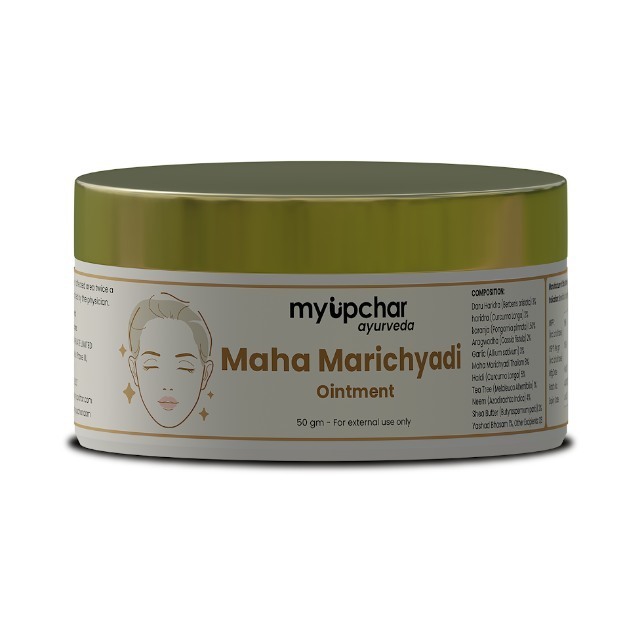Medicines based on Diethylcarbamazine Levocetirizine
Diethylcarbamazine + Levocetirizine Information
Diethylcarbamazine + Levocetirizine is an allopathic medicine The correct dosage of Diethylcarbamazine + Levocetirizine depends on the patient's age, gender, and medical history. This information has been provided in detail in the dosage section.
- Diethylcarbamazine + Levocetirizine Benefits & Uses
- Diethylcarbamazine + Levocetirizine Dosage & How to Take
- Diethylcarbamazine + Levocetirizine Side Effects
- Diethylcarbamazine + Levocetirizine Related Warnings
- Severe Interaction of Diethylcarbamazine + Levocetirizine with Other Drugs
- Diethylcarbamazine + Levocetirizine Contraindications
- Frequently asked Questions about Diethylcarbamazine + Levocetirizine
- Diethylcarbamazine + Levocetirizine Interactions with Food and Alcohol
Diethylcarbamazine + Levocetirizine Benefits & Uses
Diethylcarbamazine + Levocetirizine is used to treat the following -
Other Benefits
Diethylcarbamazine + Levocetirizine Dosage & How to Take
This is the usual dosage recommended in most common treatment cases. Please remember that every patient and their case is different, so the dosage can be different based on the disease, route of administration, patient's age and medical history.
Find the right dosage based on disease and age
| Age Group | Dosage |
| Adult |
|
| Geriatric |
|
Diethylcarbamazine + Levocetirizine Side Effects
Based on research, the following side effects have been observed when Diethylcarbamazine + Levocetirizine is used -
Severe
- Fever (Read More - Home remedies for fever)
- Skin Rash (Read More - DIY Skin Rash Relief: Simple Home Remedies That Work)
- Angioedema
- Seizures (uncontrollable jerking of limbs)
- Anaphylactic reaction
- Visual Disturbance
Moderate
- Constipation (Read More - Home remedies for constipation)
Mild
- Headache
- Dizziness (Read More - Home Remedies for Dizziness: Quick Tips for Instant Relief)
- Nausea or vomiting
- Drowsiness
- Diarrhoea
- Nasal congestion
- Cough
- Fatigue
- Pharyngitis
- Agitation
- Infection
Diethylcarbamazine + Levocetirizine Related Warnings
-
Is the use of Diethylcarbamazine + Levocetirizine safe for pregnant women?
There are no side effects of Diethylcarbamazine + Levocetirizine in pregnant women.
-
Is the use of Diethylcarbamazine + Levocetirizine safe during breastfeeding?
Breastfeeding women can take Diethylcarbamazine + Levocetirizine as it bears very minor side effects for them.
-
What is the effect of Diethylcarbamazine + Levocetirizine on the Kidneys?
Diethylcarbamazine + Levocetirizine rarely harms the kidneys.
-
What is the effect of Diethylcarbamazine + Levocetirizine on the Liver?
Diethylcarbamazine + Levocetirizine is completely safe for the liver.
-
What is the effect of Diethylcarbamazine + Levocetirizine on the Heart?
Using Diethylcarbamazine + Levocetirizine does not have any harmful effects on the heart.
Severe Interaction of Diethylcarbamazine + Levocetirizine with Other Drugs
Diethylcarbamazine + Levocetirizine should not be taken with following medicines due to severe side effects it may cause to patients -
Life Threatening
Moderate
Diethylcarbamazine + Levocetirizine Contraindications
If you are suffering from any of the following diseases, you should not take Diethylcarbamazine + Levocetirizine unless your doctor advises you to do so -
- Kidney Disease
- Allergy
- Epilepsy
- Eye Disorders
- Kidney Disease
- Bladder Infection
- Bladder Cancer
Frequently asked Questions about Diethylcarbamazine + Levocetirizine
-
Is this Diethylcarbamazine + Levocetirizine habit forming or addictive?
Forming a habit of Diethylcarbamazine + Levocetirizine has not been reported.
Diethylcarbamazine + Levocetirizine Interactions with Food and Alcohol
-
Interaction between Food and Diethylcarbamazine + Levocetirizine
Taking Diethylcarbamazine + Levocetirizine with food is safe.
-
Interaction between Alcohol and Diethylcarbamazine + Levocetirizine
Consuming Diethylcarbamazine + Levocetirizine with alcohol can have many serious effects on your body.
Frequently asked Questions about Diethylcarbamazine + Levocetirizine
Question about 6 years ago
How long can I take Diethylcarbamazine + Levocetirizine?
Dr Anjum Mujawar MBBS, MBBS , Emergency Medicine
Diethylcarbamazine + Levocetirizine must be taken for as long as it has been prescribed by your doctor. Do not take it more frequently or skip it on your own as it may lead to adverse effects. It is suggested that you speak to your doctor and follow his instructions completely.
Question about 6 years ago
What special care should be taken while taking Diethylcarbamazine + Levocetirizine?
Dr. Ajay Kumar. MBBS, MD , Psychiatry, General Physician, Infectious Disease, Sexology, Internal Medicine, Venereology, Diabetology
You must inform your doctor if you have an underlying disorder like loaisis (African eye worm), onchocerciasis (river blindness) or lymphatic filariasis (elephantiasis) if you have a history of epilepsy or struggle with convulsions sometimes if you are elderly and struggle with a heart or a kidney problem.
Question almost 6 years ago
Can I discontinue Diethylcarbamazine + Levocetirizine on my own?
Dr. Braj Bhushan Ojha BAMS , Gastroenterology, Dermatology, Psychiatry, Ayurveda, Sexology, Diabetology
No, you must not discontinue Diethylcarbamazine + Levocetirizine on your own as it might lead to a replase if the infection if it is not treated completely. It is recommended that you speak to your doctor before discontinuing Diethylcarbamazine + Levocetirizine.
Question about 6 years ago
How to take Diethylcarbamazine + Levocetirizine?
Dr. Rahul Poddar MBBS, DNB, MBBS, DNB , General Surgery
Doses vary for infection with W.bancrofti and lower dosage are indicated for infections with B.malayi and B.timori. Children under 10 years of age should receive half of the total adult dosage. The treatment should normally start with smaller doses to prevent an immunological reaction. The tablet should be preferably taken after a meal. It is important that you follow the recommendations of your doctor properly.
Question almost 6 years ago
Can Diethylcarbamazine + Levocetirizine cause eye damage?
Dr. Kishan Barnwal MBBS , General Physician
Diethylcarbamazine + Levocetirizine when used against the microfilariae of o.vulvus in skin and eye can cause permanent damage due to the reactions like uveitis (swelling of the middle layer of the eye), punctuate keratitis (death of cells on the surface of the cornea) and retinal pigment epithelium atrophy (degeneration of retinal pigment epithelium).
See all substitutes for Diethylcarbamazine + Levocetirizine
This medicine data has been created by -

B.Pharma, Pharmacy
5 Years of Experience
